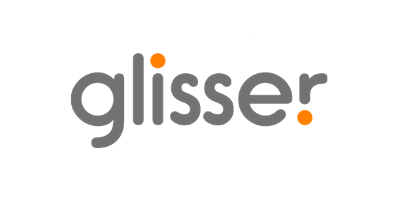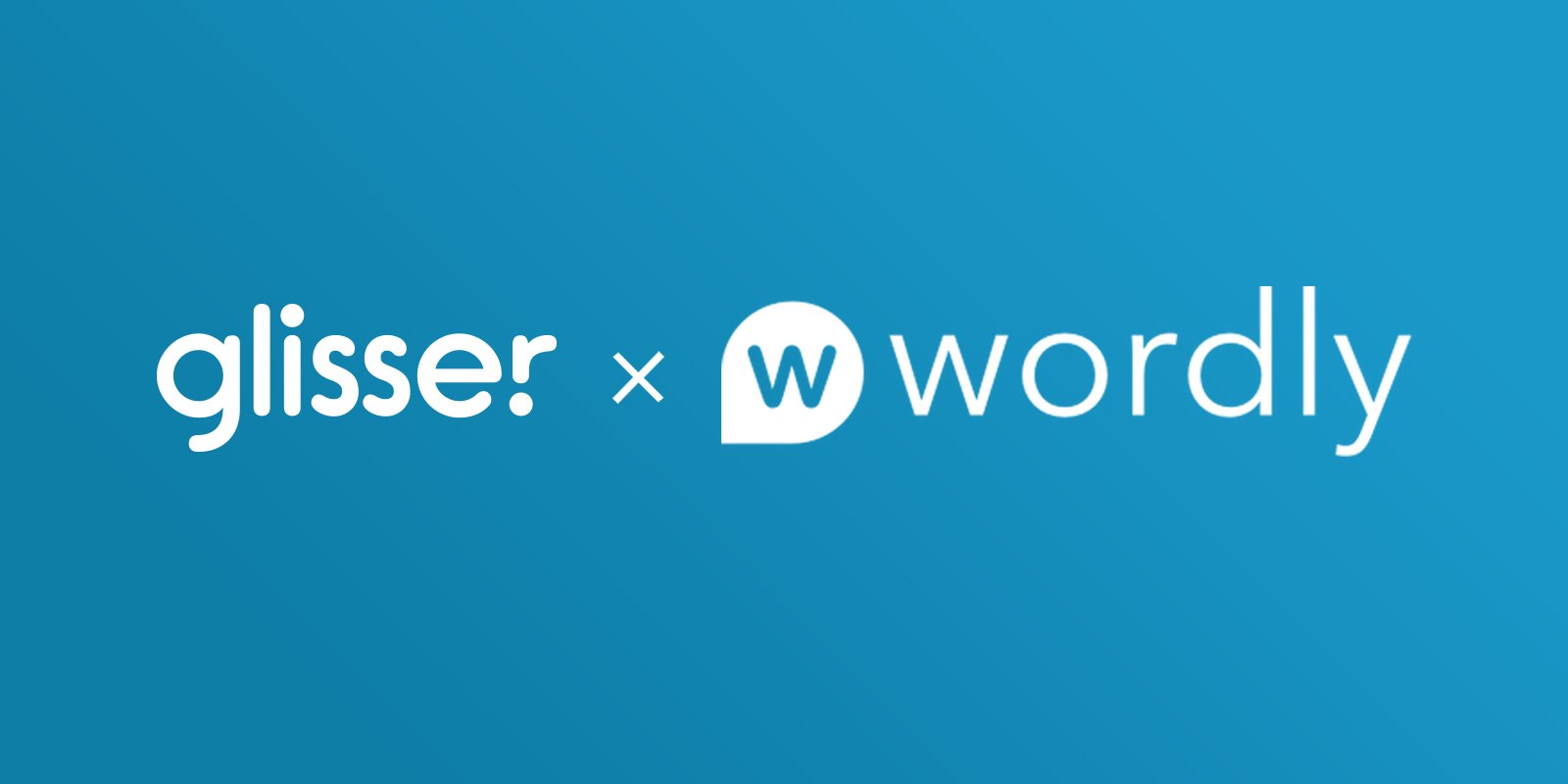Responses to this announcement range from the suggestion that white-label native apps are being ‘crushed’ to the belief that this is actually ‘a giant step forward’.
As we’ve just launched our light and dark themed web apps, providing amazing customisation opportunities without having to worry about Apple’s policies, we thought we’d put forward our two cents:
Prediction 1: Native apps (those downloaded from the App Store and Google Store) will not be crushed, but customisation and white-labelling will become more expensive.
Native app providers will either need to include more features unique to your one-off app, to get it approved, or you’ll need to purchase a single native app that incorporates all your events, which you could control in the App Store. In either case, there are cost implications, and flexibility of suppliers will be reduced.
Prediction 2: The native app market will split into a few distinct camps.
DoubleDutch has already planted its flag firmly in the ground for a single vendor branded app in a ‘winner takes all’ moment. The best way to think about this how Eventbrite dominate the ticketing market, with many event planners not fussed that the Eventbrite name is on everything. Under this model, your delegates will be downloading the DoubleDutch app, and then searching for your (branded) event within that.
The providers that have always heavily customised their apps, such as Eventbase, are likely to push further down that route. Their apps will remain high-end, integrating lots of features (perhaps drawn in from other suppliers), and serve that part of the market.
Other suppliers – I would expect CrowdCompass to be included here – will aim for the centre-ground. That means creating general apps with similar features for each client, white-labeled, but then either adding sufficient unique elements to pass Apple’s requirements, or having each client submit them to the store themselves.
Prediction 3: Web apps (including audience participation apps) will be crucial in filling the gaps
We’re in an interesting position to comment here, as our first ever product was a native app. We discontinued it very quickly when we realised (a) 95% of our users preferred the speed and simplicity of not having to download, and (b) 100% of our developers preferred not to be restricted by the App Store approval process.
The latter point is really important. Events are frenetic, changing things, and operate with zero flexibility around date. As a tech provider we always prefer to be in total control of the product we are selling and delivering to our clients, even if they need to make changes at the last minute.
And so web-based event apps and audience participation solutions will be in a position to offer flexible solutions that allow simple and cost-effective white-labelled experiences. They’ll not be restricted by Apple’s cloning policy, and they’ll be available for smaller events, or clients that have different requirements across their event portfolio.
Plus, solutions such as Glisser continue to fit neatly within native apps as an additional feature-set. Even better, now they can be white-labelled to such an extent that your audience will be getting one visual experience, irrespective of the native app you are using.








